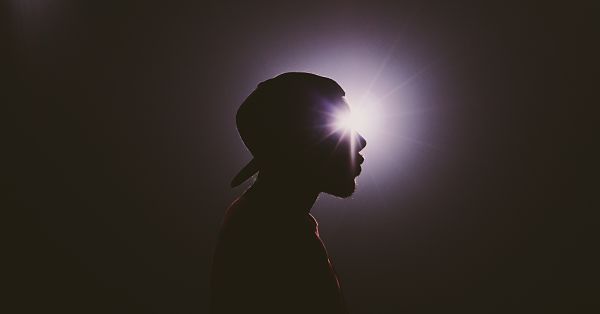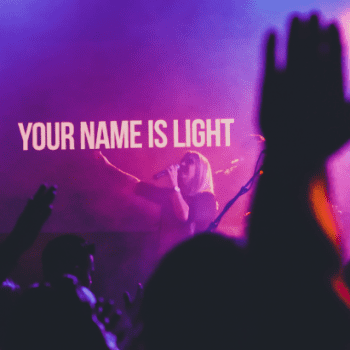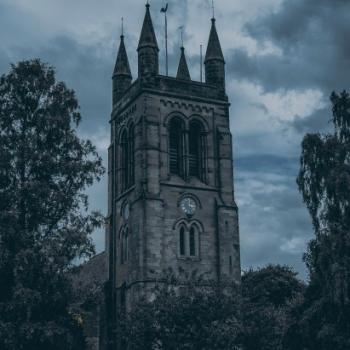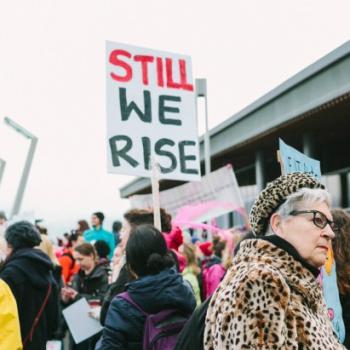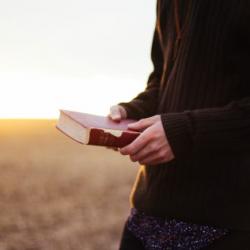by Elizabeth Charlotte Grant
I admit it: I did not want to watch the video a few weeks ago of Alton Sterling pinned to the ground by police, struggling, and then being shot in the back. And then I did not want watch the footage of Philando Castile bleeding out in the passenger seat of his girlfriend’s car after he was shot in the arm by an officer, all while his girlfriend live-streamed her grief on Facebook. And I did not want to memorize the details of the terrorism done against the police in Dallas, as a psychopath sniper took the lives of five officers (and planned to use his homemade bombs to kill more).
But I could not hide from the controversy completely, as I have black friends and next door neighbors. So I found myself wanting to catalogue my own interactions with the police, to compare them with these atrocities occurring across our country:
-I have received several parking tickets for parking violations (for forgetting to pay a meter, letting my meter expire, parking in a no-parking zone, etc.).
-I have been pulled over for speeding: once I received a pricey ticket as I drove 15-over on a cross-country road, and once I was given a warning as I wept in the front seat, the officer kindly asking me to watch the dial next time.
-I have been pulled over for expired registration tags twice within a week – the first time, I was fined; the second time, a cop gave me a warning and some encouragement to get myself to the DMV, ASAP lady!
-I have shared meals with my friends Andrea and her husband Tim, a Christian friend who takes photos and hosts indie movie nights in his free time, the type of cop who requested to work on the homeless squad so he could dignify them by learning their names and stories as he also fulfilled his duty of removing them from highway off-ramps.
-In the up-and-coming, diverse downtown neighborhood where we lived, we called the cops three times when 1) our washer and dryer was stolen out of our backyard during the middle of the day, 2) my back-left car window had been smashed in overnight, and 3) our bikes were stolen out of our garden shed, its lock mangled by a strategically placed bolt cutter. In all cases, no cops showed up at our house, so we filed reports online instead.
But later, when I spotted a man riding my stolen bike across the street from my house, I told my husband to call the cops, who then came out to patrol the neighborhood in search of my $50 Craigslist bicycle.
-When my neighbors had sewage leaking into their front and backyards, I called code enforcement, and both times I called, a cop showed up to take photos of the swamp land, and then to knock on doors and have a tough-love conversation with the offenders.
-I have laughed until it hurt, religiously watching “Brooklyn Nine-Nine” each day a new episode airs on Hulu.
-And then there was that one time, in my infancy, when my parents’ apartment building caught on fire, and as we waited outside in the frigid winter air for the firefighters to put out the blaze, a cop offered to let us sit in his car to stay warm.
Of course, my list makes something abundantly clear: I do not get it. I do not understand the black lives matter movement because as a white, middle class, millennial Christian woman, I have had no reason at all to mistrust the police. I’ve received warnings instead of tickets, I’ve been pulled over for legitimate and obvious infractions, I’ve had them come to my defense, and I’m personally friends with a white cop who is truly a stand-up guy. Which makes me the least legitimate testimony on what’s going on around the country between cops and my black friends and neighbors.
It also makes me hesitant to join the conversation about race and policing because my own experience differs so dramatically from what I see in the media. My experience says, cops are good. But my experience is not the only experience. In fact, my own experience is negligible among the experiences of millions of Americans who do not share my skin color, and my experience is myopic in the face of a history of racism in this country. My experience could be lying to me.
Which reminds me of the time in a class at college where racism came up in a discussion, and a white classmate of mine began to tell us how segregation was alive and well in her home state.
“Where are you from?” a classmate asked. I expected her to answer that she lived somewhere in the south. Surely if she’d grown up in the north, like I had, she wouldn’t have encountered such an outdated issue.
Instead, she answered, “Maryland.” I almost gasped: Maryland is where I grew up.
This ignorance of the experiences of black Americans is often why white people, like me, do not always understand the black lives matter movement. Even though I felt great empathy, in my case, my own personal experiences with cops so contradicted what I saw in the horrific recordings of white police men beating and killing black men that I distrusted the experiences of others in my community — because, to me, the police have felt safe, maybe even just.
But other white folks have convinced themselves that recognizing this struggle — recognizing that friends and neighbors might have had a different experience of the police than they have had — feels like there’s no longer a place for them. After all, none of us can change our skin color. (Okay, at least not without significant cost and effort.)
Other black folks have decided that they do not even want us white folks anywhere near the black lives matter movement, not even standing on the sidelines typing a tweet or a scribbling a rally sign, and frankly, I cannot blame them. What kind of help have I been? I feel like a liability.
So, instead of spouting off some ill-informed opinion, I am resolving to listen, to learn, to see life from black eyes. That is how Jesus informs his followers to act: “Mourn with those who mourn,” the apostle Paul says. (Romans 12:15)
After all, this conversation is not about me; it is about us. As rapper Propaganda says, “Being right is a distant second to the joy of compassion.” Reconciliation is still a long way off, and if we are going to get through this alive, we better start shutting up.
 Elizabeth Charlotte Grant is a published author, speaker, and follower of Jesus. She has a degree in Literature and Creative Writing from Wheaton College, IL, and she has published essays at On Faith, the Curator Magazine, and the Boundless Blog, among others. She lives in Colorado with her husband and two children. In addition to her writing gig, she coaches pregnant women through childbirth as a birth doula. Read more of her writing at her blog LovelyArtifacts.com, where she is serially publishing her love story (soon to be a memoir), or at her blog ArtinLove.co, where she and her artist husband discuss issues of the arts and their Christian faith. You can also find her at her author website, ElizabethCharlotteGrant.com. Follow her on Facebook.com/ElizabethCharlott
Elizabeth Charlotte Grant is a published author, speaker, and follower of Jesus. She has a degree in Literature and Creative Writing from Wheaton College, IL, and she has published essays at On Faith, the Curator Magazine, and the Boundless Blog, among others. She lives in Colorado with her husband and two children. In addition to her writing gig, she coaches pregnant women through childbirth as a birth doula. Read more of her writing at her blog LovelyArtifacts.com, where she is serially publishing her love story (soon to be a memoir), or at her blog ArtinLove.co, where she and her artist husband discuss issues of the arts and their Christian faith. You can also find her at her author website, ElizabethCharlotteGrant.com. Follow her on Facebook.com/ElizabethCharlott


